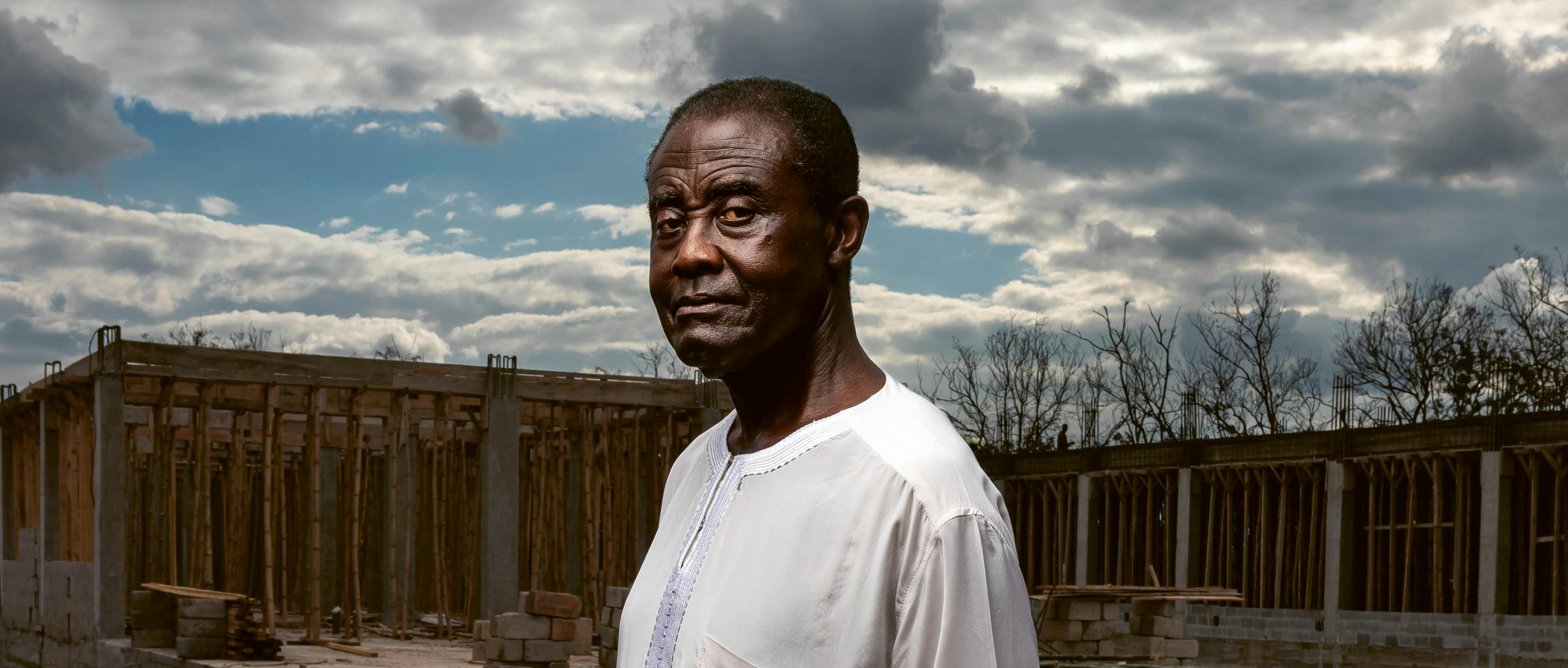
“I knew that I was a carrier of sickle cell Disease.”
“I knew that I was a carrier of sickle cell Disease.”
Gifty Cobby Amporful

Published on 08/06/2020
Back in 2011, Gifty Cobby Amporful, patient safety manager for Novartis in Ghana, faced one of the most difficult decisions of her life: Should she marry and have a family with her long-time boyfriend and risk that their children would suffer from sickle cell disease, a painful genetic blood disorder, or end the relationship and start a new life?
“I knew that I was a carrier of sickle cell disease and chances were high that if my boyfriend was a carrier too, our children would most definitely suffer from this potentially deadly condition,” Cobby Amporful recalls the difficult episode that took place more than eight years ago. “I asked my boyfriend to do a genetic test and when he found out that he carried the gene, I fell in a sort of depression.”
For more than a year, Cobby Amporful struggled to make a decision. Although sickle cell disease is widespread in Ghana and on the African continent, possibilities to treat the genetic disorder were poor at the time. In Ghana alone, thousands of children die every year due to the disease and those who survive are stigmatized by society.
“The situation not only affected my private life, but spilled over into my daily work,” Cobby Amporful remembers. “After a year, I decided to give up the relation because I could not justify any other decision due to the poor health outcomes. I knew that there would be no hope for the children.”
During the most difficult months, she received moral support from her colleague Roland Hammond-Addo from Sandoz, who himself had family and friends affected by the disease. “This condition is so common that it is almost difficult to find someone who is not affected by it in one form or another,” Hammond-Addo said, when we met him in Ghana , where he was preparing the official launch of the Novartis Africa Sickle Cell Disease Program, which took place on November 6, 2019, in Accra. “However, treatments were almost nonexistent at the time in Ghana or elsewhere in Africa. So, in some ways, I could well put myself in Gifty’s situation and provide her with support.”















